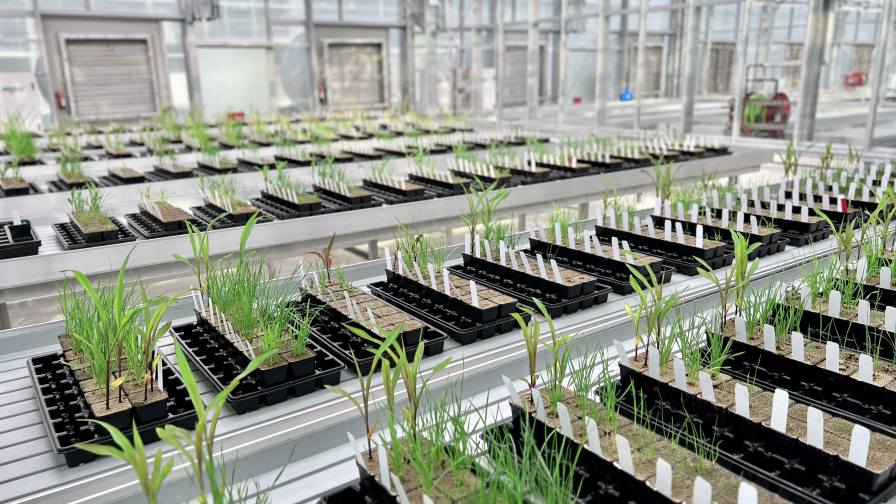Why It Is Critical to Transform Indian Agriculture
The need to scale up agriculture is getting more acute with rising global population, writes D Narain at Financial Express. As per UN, by 2050, the world will have 10 billion people, with India accounting for 1.73 billion. While the population is increasing, arable land is decreasing, and farmers are grappling with limited natural resources and climate change. Extreme weather conditions such as floods, droughts, and poor rainfall are lowering crop productivity and farmer incomes.
To ensure safe, affordable and enough food and overcome farmers’ challenges around low productivity and income, it is critical to transform Indian agriculture. There is a need to enable farmers to earn sustainable farm incomes and be globally competitive. Creating a transformational agricultural policy roadmap requires a collaborative approach between the government, industry, farmers, and the society. It also needs enabling policies and timebound targets focused on technological innovation, capacity building, market access, and risk mitigation.
For instance, a new governance model could be considered to create crop-focused ministries for cotton, horticulture, rice, corn, etc, with end-to-end visibility of crop competitiveness, both in India and globally. This will bring in policy clarity, consistency and help us shift towards a more targeted fiscal incentive regime. Additionally, incentives should be targeted towards sustainable farm income and agriculture. This could be in the form of farmer incentives for efficient use of water used for cultivation, cover cost of hedging against commodity price fluctuations, GHG reduction, etc.





